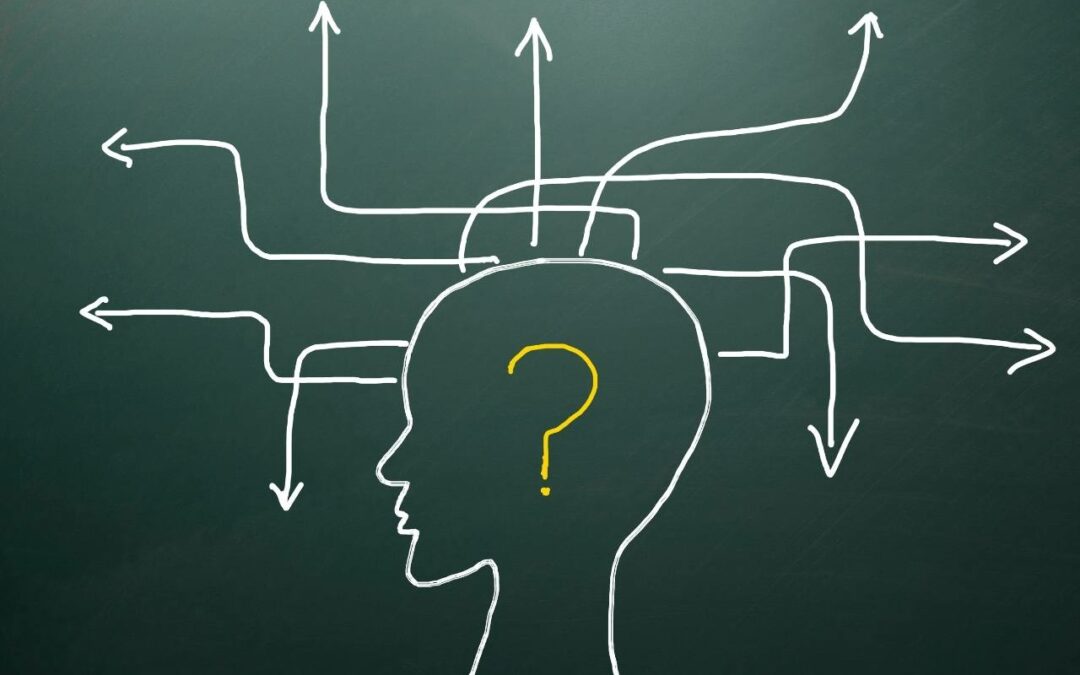How do I find my place at work, in my relationship, in my social circles, in society? A question often followed by:
Who am I?
Indeed, to find our place, we need to understand what role we are meant to play based on our skills and talents.
It’s like being in a play, where in some scenes I play the leading role, and in others, I have a supporting role. But how do we position ourselves in life, which is like a play where we are simultaneously actor, spectator, and director, and the script is constantly changing? Yes, the task is not simple—especially since our ego, wanting to play the star in every episode, fights against the wise part of us that knows allowing others to shine is just as rewarding as taking center stage.
Finding your place in life is not something you can achieve once and for all. It is a dynamic process that evolves with time and self-awareness. We are constantly seeking to position ourselves in our relationships because both we and others are always changing. This is why it is important to learn how to adjust consciously in relation to others, so that this process doesn’t become a source of stress and anxiety. The more we understand the internal mechanisms that lead to a drop in our confidence, the quicker we can recover and regain our energy.
What attitudes should we develop to position ourselves appropriately in our daily relationships?

Sometimes, it’s the fear of not existing in the eyes of others that drives us to seek attention at any cost. We all need attention. Scientists have already shown that it is essential for a baby’s survival to receive attention from another human being (eye contact, language, touch…). Just like a baby who cries when it needs attention, we as adults can feel stress in situations where we lack this source of energy—the attention of others. And this stress can sometimes be extremely intense because it affects our sense of existence. A person who struggles to find their place in interactions with others risks losing self-esteem and feeling worthless.
So, next time one of your conversation partners takes up all the space, remind yourself that you are doing them a service by creating this opportunity for them to feel like they exist. It’s one of the best gifts we can give to someone—making them feel that who they are and what they bring has value. Be proud of yourself when you offer this gift to others while staying mindful of your generosity. If you spend too much time giving space to others, you may miss the opportunity to use your own time for yourself. Find the right balance.
In a relationship, it’s not enough to position yourself once and replicate the same behavior every time you meet this person. You need to reassess each time what the intention of the exchange is. Is the other person in the role of providing knowledge, or are you the one with more expertise on the topic? Remember, when you interact with someone, the goal is to enrich your own world and to mature your thinking. The other person wants the same for themselves. It’s important to properly distribute roles in the conversation so that each person can contribute their expertise and point of view on the subject.
The pitfall here lies in our desire to give to others, which sometimes drives us to talk too much without checking if what we’re saying truly interests the other person or if the way we’re presenting it is suitable for proper understanding. Some people spend their lives talking without ever feeling heard. When we talk, we expend energy, and if that energy is not effectively utilized, we might feel worthless—not because we actually are, but because we are communicating poorly.
Learning to question the objective of the exchange and your role in it will help you use less energy more wisely. You will quickly assess whether the interaction is beneficial for you and be able to end it if it no longer serves its purpose.

Generally, we interact with others to nourish our values. The more aware you are of what is important to you, the better you can steer interactions in directions that enrich you and avoid wasting time and energy in conversations that don’t. If you’re not interested in politics, don’t fuel your interlocutor’s thoughts on the subject.
When we begin to understand our values, we also realize that they often differ from those of others. This adds complexity to our interactions. The task isn’t just to nurture our own values, but to find common ground between our values and those of the other person. Sometimes this can be quite challenging, but if you truly look for it, there’s always a point of convergence—as long as you’re willing to invest time and energy into searching for it. Sometimes, though, it’s simply easier to seek a connection with someone else.
Sometimes, we struggle to position ourselves correctly because we are trying at all costs to hide our weaknesses. The fear that others might reveal our weaknesses drives us into overcompensation mechanisms. There’s no need to pretend to be an expert in something we have difficulty mastering. It’s the quickest way to create opportunities to make a fool of ourselves. The more we show our weaknesses to others, the more we give them the chance to exercise their expertise and be helpful to us. The moment I admit that I don’t understand something, I create a real opportunity for connection with the other person.
The challenge in this lies in the fear of feeling dominated by the other. There’s a form of authority we grant to the other person when we admit that we need help. It’s important to learn to be comfortable with this feeling, which is unpleasant inside us but essential for our growth. Each of our weaknesses can become a source of competence if we allow ourselves to face it and take the time to learn from those who have already surpassed our level. And they are there for you, just as you are there for those who have a weakness in areas where you are strong.
Properly positioning oneself in relation to others takes into account this game we all play together, which allows us to stay connected in an interaction of interdependence and mutual assistance.






